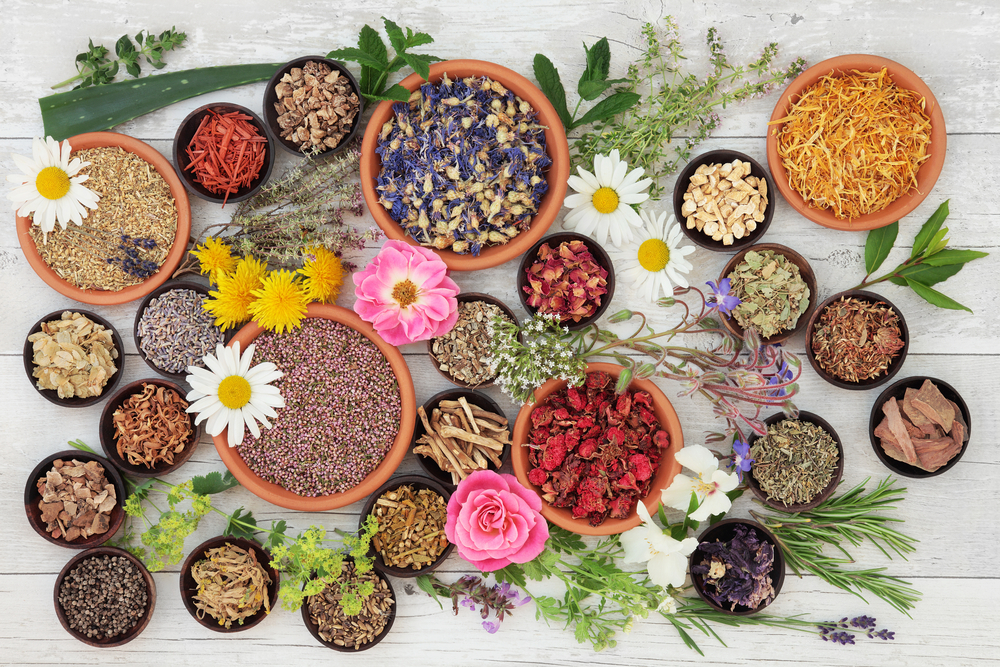Egypt, with its rich history, fertile lands, and strategic geographical location, has been a hub for agriculture and trade for thousands of years. Among its most prized agricultural products are spices and herbs, which hold a significant place in Egypt’s economy and culture. From ancient times to the modern era, the cultivation and exportation of these aromatic treasures have not only contributed to the country’s economy but also showcased its unique agricultural heritage.

The Historical Significance of Spices and Herbs in Egypt
Spices and herbs have been an integral part of Egyptian civilization for millennia. Ancient Egyptians used them for culinary, medicinal, and ceremonial purposes. Herbs like coriander, dill, and fennel were cultivated along the Nile and used in cooking, while others like myrrh and frankincense were reserved for religious rituals and mummification. Spices such as cumin and anise were highly valued for their flavor and therapeutic properties, making them staples in trade with neighboring regions like Mesopotamia and Greece.
Favorable Growing Conditions
Egypt’s geography and climate provide ideal conditions for cultivating a wide variety of spices and herbs. The Nile River and its annual floods historically enriched the soil with nutrients, creating fertile lands perfect for agriculture. Even today, the Nile Delta and Valley serve as the primary agricultural zones for herb and spice cultivation.
The country’s arid and semi-arid climate is particularly beneficial for growing herbs like basil, mint, chamomile, and marjoram, as well as spices like coriander and caraway. These crops thrive under Egypt’s long sunny days, minimal rainfall, and rich soil, resulting in high-quality produce that meets international standards.
Modern Practices in Cultivation
Modern Egyptian agriculture integrates traditional knowledge with advanced techniques to enhance the production of spices and herbs. Organic farming practices are gaining popularity as global demand for organic products rises. This involves avoiding synthetic fertilizers and pesticides, ensuring the purity of the crops, and promoting sustainability.
The government and private sector have also invested in agricultural research to improve yields and adapt to changing climate conditions. Technologies such as drip irrigation and greenhouse farming are increasingly employed to optimize water use and extend growing seasons.
The Role of Exportation in the Economy
Egypt is a significant player in the global spice and herb market, exporting to regions such as Europe, the Middle East, Asia, and North America. Popular export products include dried mint, basil, chamomile, marjoram, and black cumin seeds. The country is also renowned for producing unique varieties like Egyptian chamomile, which is highly sought after for its soothing properties and distinctive flavor.

The exportation of spices and herbs contributes substantially to Egypt’s economy. It provides livelihoods to thousands of farmers, laborers, and traders while generating foreign currency. The industry is supported by robust logistics networks, with ports along the Mediterranean and Red Sea facilitating smooth international trade.
Challenges and Opportunities
Despite its many strengths, the industry faces challenges, including water scarcity, fluctuating market demands, and the need for stringent quality controls to meet international standards. Climate change poses additional risks, potentially altering growing conditions and increasing the frequency of extreme weather events.
However, these challenges also present opportunities for innovation. Investments in sustainable farming practices, adoption of smart agricultural technologies, and participation in fair trade initiatives can enhance the industry’s resilience. Moreover, marketing Egypt’s spices and herbs as premium, organic, and ethically sourced products can further boost their appeal in global markets.
Conclusion
The cultivation and exportation of spices and herbs in Egypt are a testament to the country’s agricultural heritage and its adaptability in the face of modern challenges. By blending ancient traditions with contemporary techniques, Egypt continues to play a vital role in seasoning the world’s kitchens and contributing to its economy. With careful management and innovation, this sector holds the potential to flourish even further, strengthening Egypt’s position as a leader in the global spice and herb trade.
